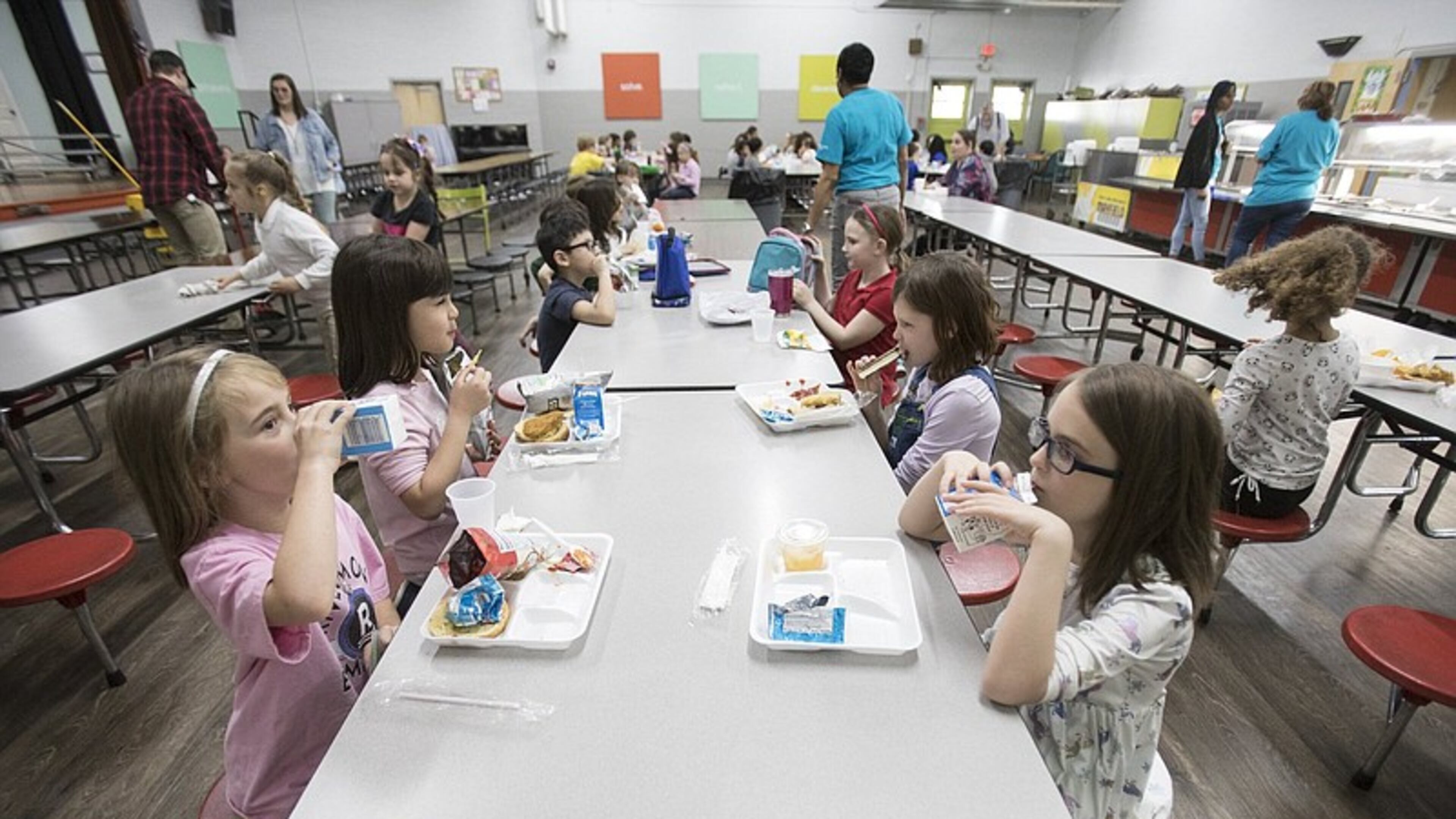Snow days in Chattanooga pose hunger challenges for students relying on meal programs

While snow days may be a welcome break for many students, the interruption of the school routine poses significant challenges for others, particularly those facing issues of hunger and food insecurity, who rely on free and reduced-price meal programs.
Kristen Nauss, director of school nutrition for Hamilton County Schools, estimates the school system provides about 9,800 of its students with free or reduced-costs breakfasts and 20,000 students with free or reduced-cost lunches when school is in session. Many Chattanooga-area students also receive snack packs or food through the “Fuel for Schools” program that provides low-income students with snacks and food supplements every Friday for the weekend ahead.
But students missed out on those weekend food supplements for a second consecutive week, and schools did not offer breakfasts or lunches due to snow, ice and the Martin Luther King Jr. Day holiday.
Chattanooga-area public schools closed due to high winds Jan. 12 and shut down last week when an Arctic storm pushed temperatures into single digits and left ice and snow on many local roads.
The Tennessee Emergency Management Agency said Friday at least 17 people have died in the Volunteer State as a result of this week’s winter storm from hypothermia, accidents and heart attacks related to the frigid cold.
Schools were closed to help keep buses and other vehicles off icy roads. But for Hamilton County Schools to be closed for six days, with children missing two meals per day, means those already experiencing food insecurity are having their problems deepened by those closures, Chattanooga Food Bank President and CEO Melissa Blevins said in a phone interview.
The Chattanooga Food Bank serves 20 counties throughout Tennessee, and on any given day, Blevins said, the region has about 39,000 children experiencing food insecurity. In Hamilton County alone, she estimates there are about 13,000 children who don’t know where their next meal is coming from.
“When kids are hungry, they can’t learn,” Blevins said. “They can’t focus. No child should have to go hungry. And no parents should have to worry about their children being fed.”
“There’s enough food in the U.S. that no one should have to go hungry,” Blevins said. “It’s a matter of the community coming together. It’s a logistics program of getting them the food.”
Typically, the Chattanooga Food Bank is open Monday-Friday, but in a rare case, the food center shut down Monday due to snow and ice. While half the staff members couldn’t make it to work Tuesday morning, the other half were eager to open, she said. When they opened the doors Tuesday morning, there was a line of people waiting. Throughout the day, they were able to assist about 150 families.
Even Friday afternoon, Food Bank trucks were unable to travel to parts of Hamilton, Bledsoe and Rhea counties.
“The roads are impassible, so our trucks can’t get there. So we’ve been working all week, and the minute they can get out there, we will be delivering,” Blevins said.
The Chattanooga Food Bank also partners with about 250 satellite services throughout the state that offer various programs like senior food boxes, hot kitchens, snack packs and take-home bags sent home with students over the weekend.
According to usafacts.org, about 30.1 million students -- more than 60% of all public school students -- received a free or reduced-price lunch through the National School Lunch Program during the 2022 federal fiscal year.
A report from the Vanderbilt University Medical Center showed the number of parents reporting food insecurities in their families is increasing. Up more than 30% in one year, 41.2% of Tennessee parents reported low or very low food insecurity compared to 31.3% last year.
Contact Jennifer McNally at jmcnally@timesfreepress.com or 423-757-6416.

MEET OUR PARTNER
Today’s story comes from our partner, Chattanooga Times Free Press, which serves readers in Southeast Tennessee, Northwest Georgia and Northeast Alabama. Visit them at timesfreepress.com or on Twitter @TimesFreePress.
If you have any feedback or questions about our partnerships, you can contact Senior Manager of Partnerships Nicole Williams via email at nicole.williams@ajc.com.
